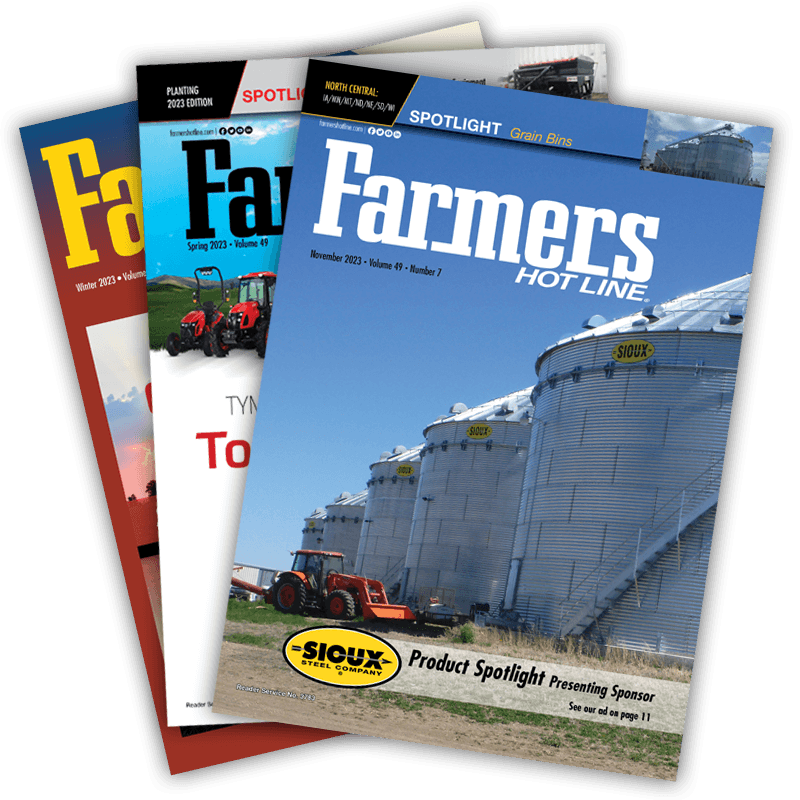Costly Farm Bill: New Analysis of Crop Insurance's High Price
In a just-released working paper, American Enterprise Institute (AEI) agricultural economists Vincent Smith, Bruce Babcock, and Barry Goodwin find that the Price Loss Coverage (PLC) and Supplementary Coverage Option (SCO) programs in the House version of the farm bill could cost taxpayers over $20 billion
Key findings:
-
High cost of PLC: If crop prices remain at historically high levels, program costs will be approximately $1.1 billion. However, if crop prices drop to their recent historical average levels, program costs could exceed $18 billion annually--almost four times the current cost of subsidies paid under the Direct Payments program, which the PLC would replace.
-
Crop insurance boondoggle continues: If prices remain at current high levels, the SCO will cost taxpayers $2.6 billion annually. Half a billion of those dollars would flow directly to crop insurance companies--who already receive $3 billion per year in other taxpayer subsidies. If prices drop to recent historical average levels, SCO costs would drop to $1.5 billion.
- Skewed priorities: If crop prices moderate to recent historical average levels, the House PLC and SCO programs will cost taxpayers over $20 billion per year, more than all current spending on farm-oriented programs. This includes current programs that enhance farm incomes--like subsidized crop insurance, direct payments, disaster aid, and loan rate programs--in addition to publicly funded R&D and education programs that benefit consumers, processing companies, and farmers by improving agricultural productivity.
Read the full report here.
Vince Smith directs AEI's American Boondoggle: Fixing the 2012 Farm Bill project and is an agricultural economist at Montana State University, Bruce Babcock is an professor of economics at Iowa State University, and Barry Goodwin is the William Neil Reynolds professor of agricultural economics at North Carolina State University.
Learn more at www.AmericanBoondoggle.com
Any opinions expressed do not necessarily reflect those of Farmers Hot Line, Heartland Communications Group, Inc., any of its employees, or business associates. This website also contains links to other websites. Farmer Hot Line and Heartland Communications Group, Inc. do not endorse or otherwise accept responsibility for the content or privacy policies of those sites.
Any opinions expressed in this
e-newsletter do not necessarily reflect those of Farmers Hot Line, Heartland Communications Group, Inc., any of its employees, or business associates. This newsletter also contains links to other websites. Farmer Hot Line and Heartland Communications Group, Inc. do not endorse or otherwise accept responsibility for the content or privacy policies of those sites.

